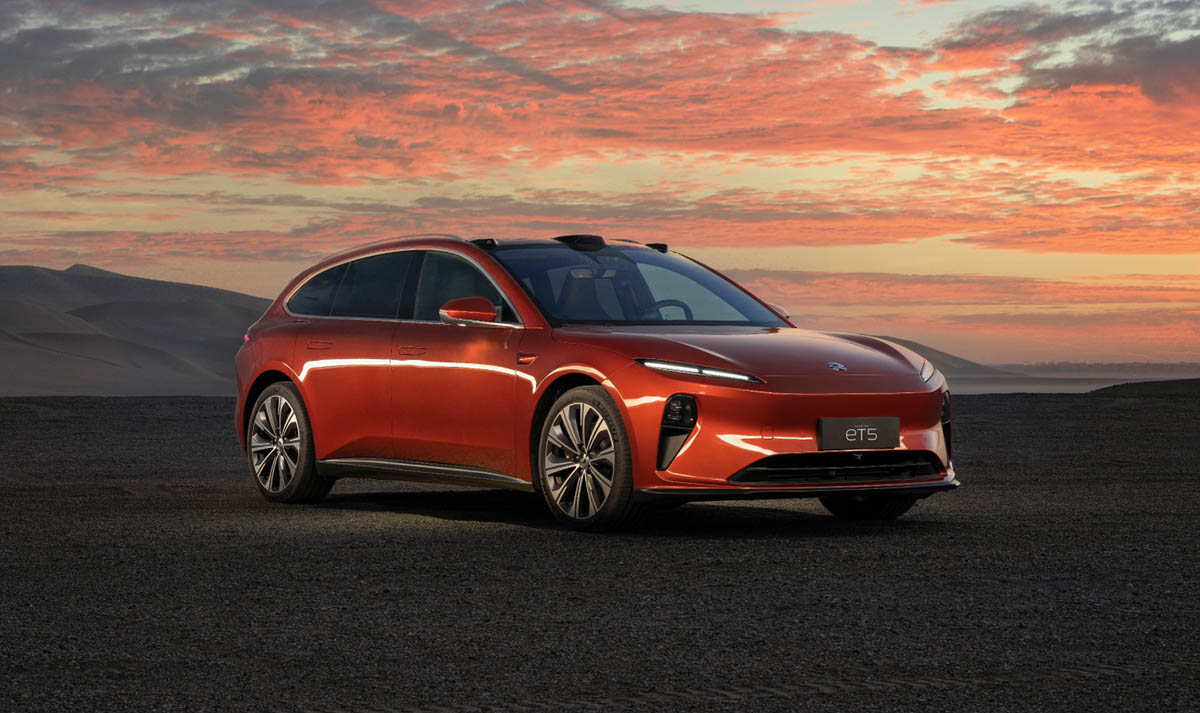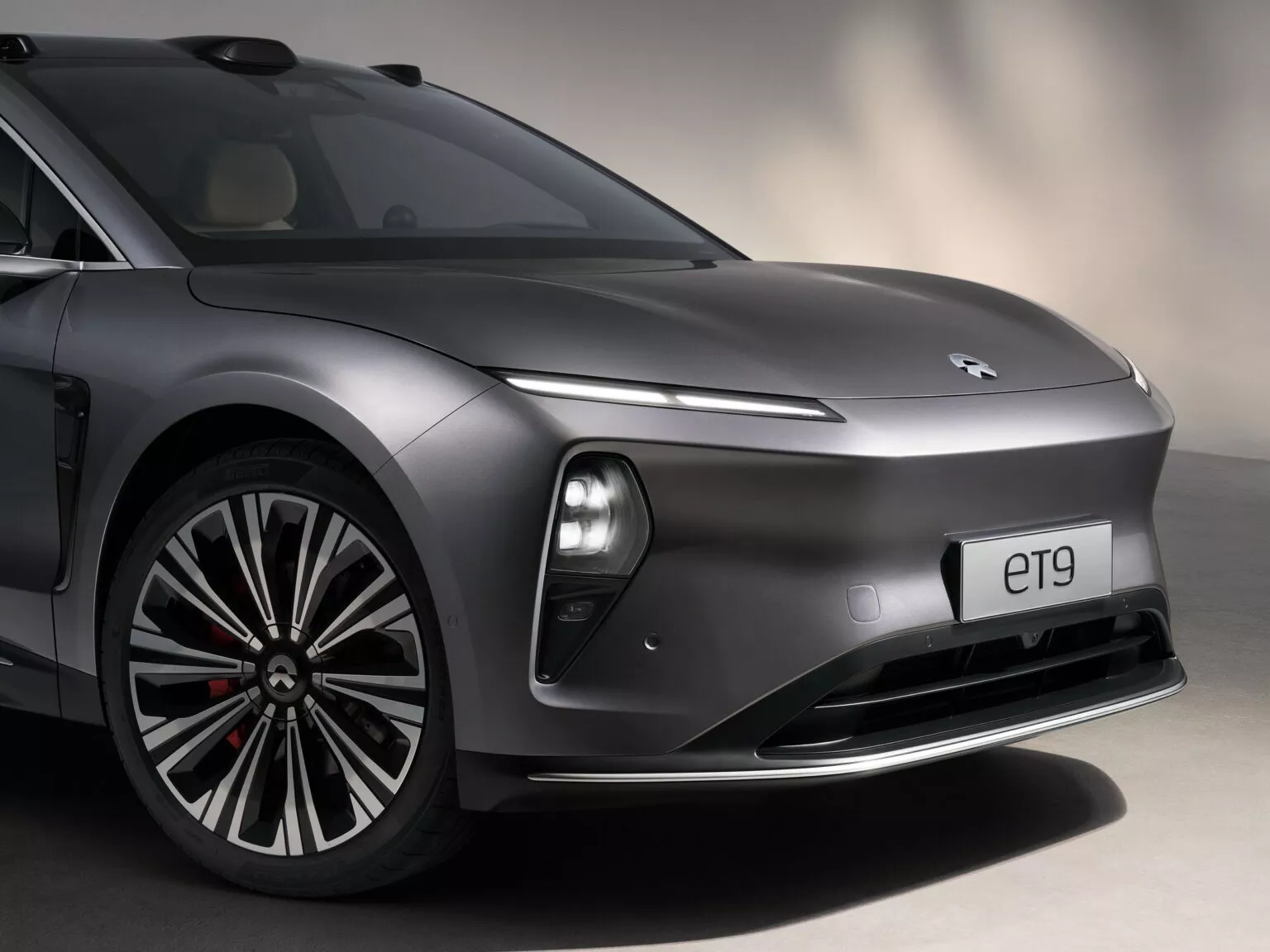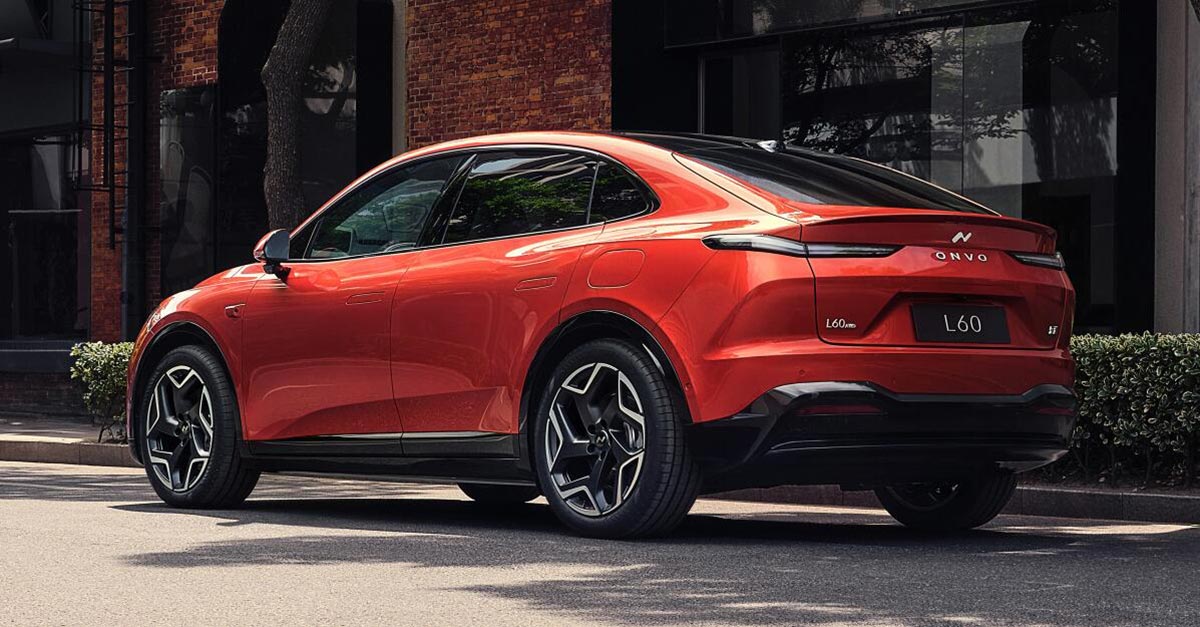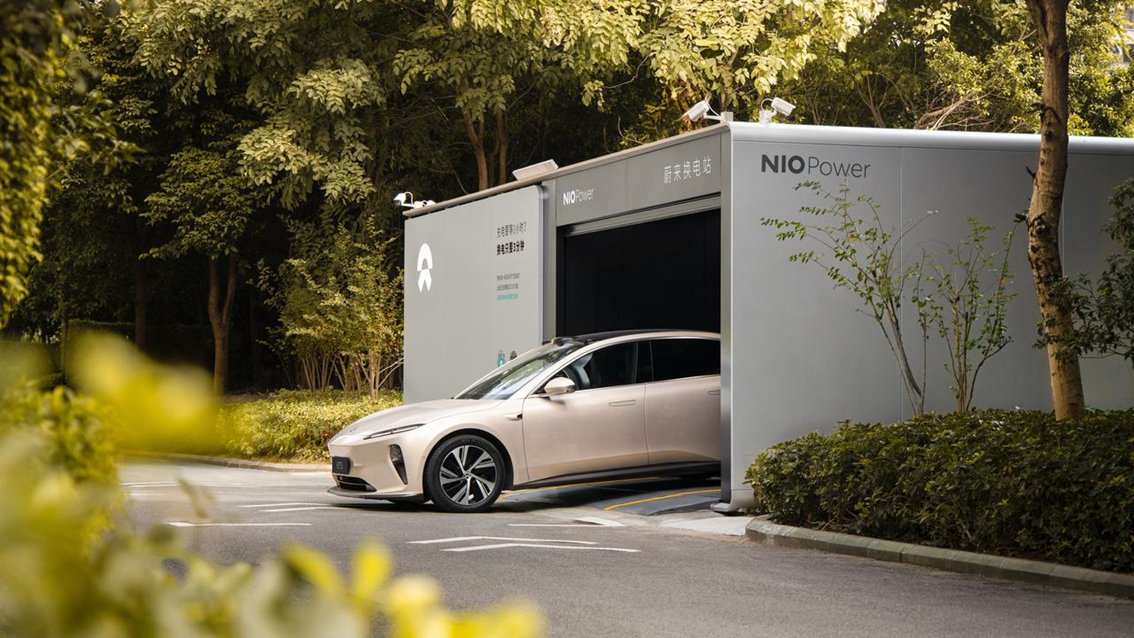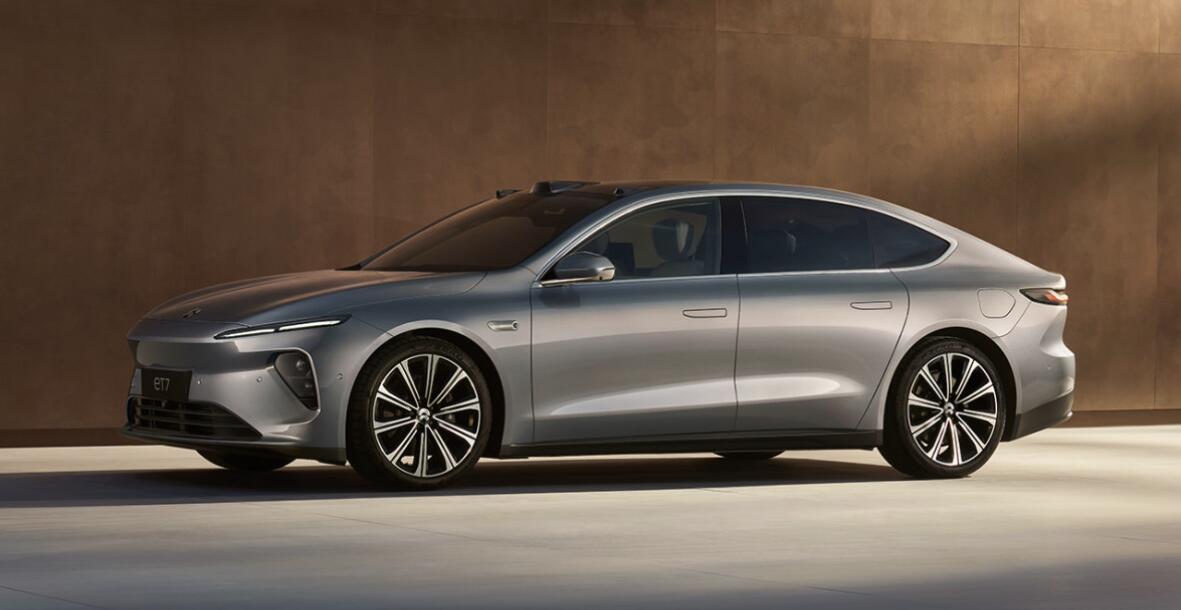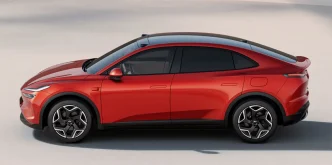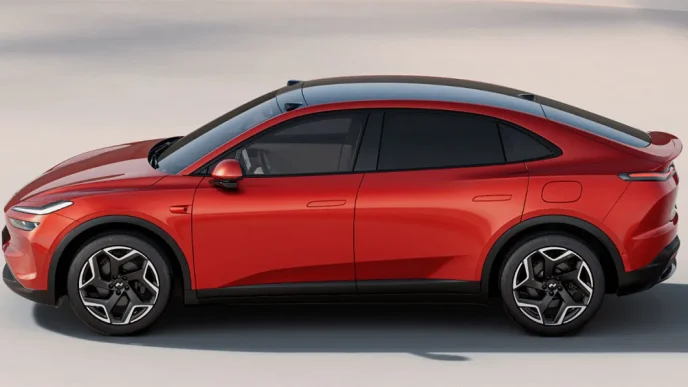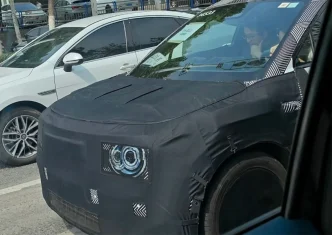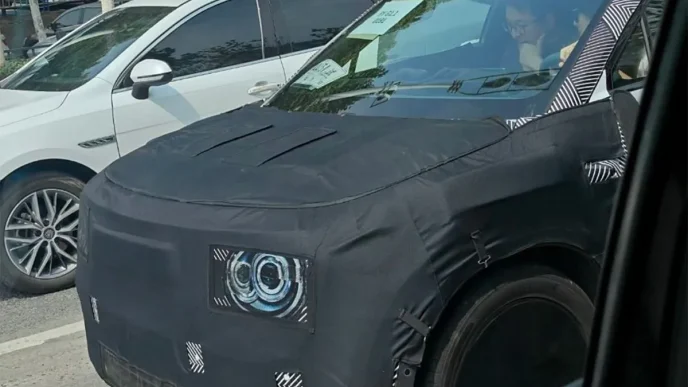Nio has decided not to enter the robotaxi market, even as competitors like Xpeng and Tesla plan to venture into this space. William Li, Nio’s founder, chairman, and CEO, dismissed the business model as unappealing during an interview following the Nio IN 2024 event in Shanghai.
“Robotaxi is not an exciting business model, and Nio is determined not to enter the space,” Li stated. He emphasized that smart driving technology should be utilized to reduce accidents and alleviate driver fatigue. “Robotaxi’s technology will definitely mature… but will it really necessarily be a sustainable business? No, you’re overthinking it,” Li remarked.
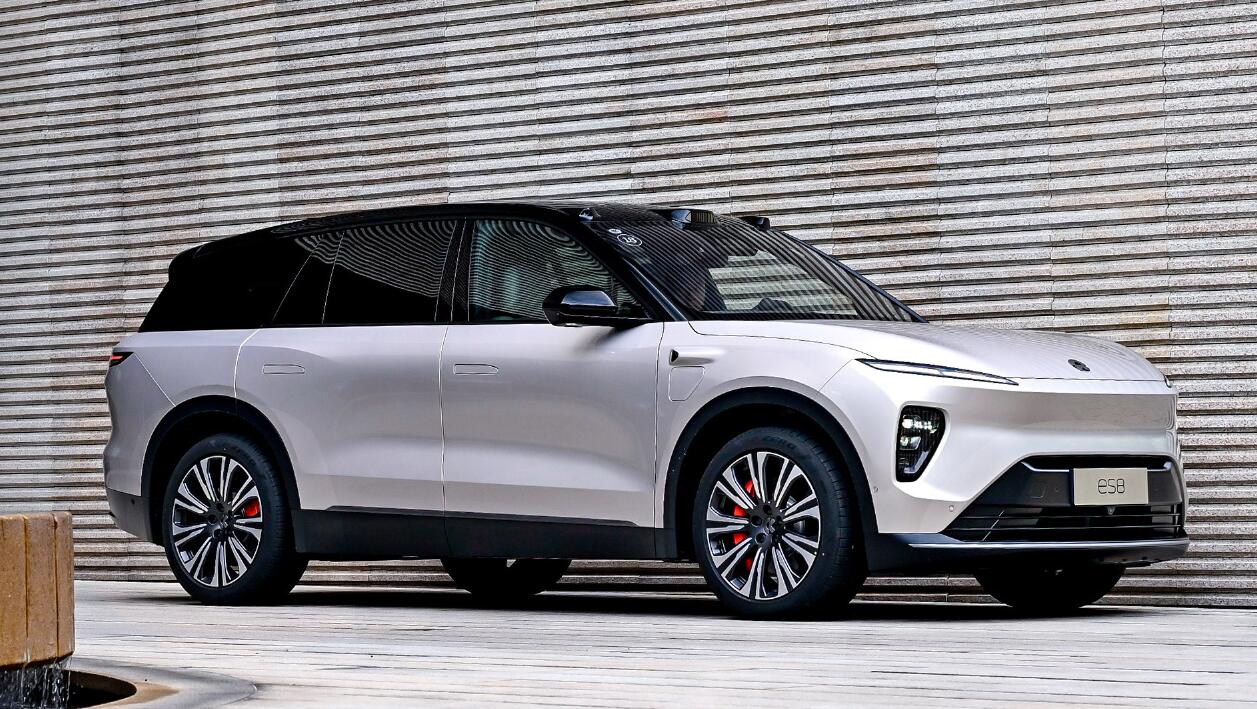
Li highlighted the limited capacity for cabs in any city, whether operated by human drivers or autonomous systems. “This means robotaxi will never be a business that becomes borderless like software or cloud services. Wake up!” he asserted. Nio, he added, prefers to focus on enhancing vehicle safety through technology. “Why would I want to take business from ride-hailing drivers? I don’t think it’s inspiring,” Li said.
In contrast, other EV makers and self-driving technology providers are forging ahead with robotaxi development. Tesla plans to unveil its robotaxi on October 10, following a delay from the initial August 8 date. Xpeng, which had announced in November 2021 its intention to explore the robotaxi business, aims to launch a competitive robotaxi in 2026. “Xpeng will only offer robotaxi vehicles, but operations will be carried out by partners,” said He Xiaopeng, Xpeng’s chairman and CEO, in a Weibo post on July 25.
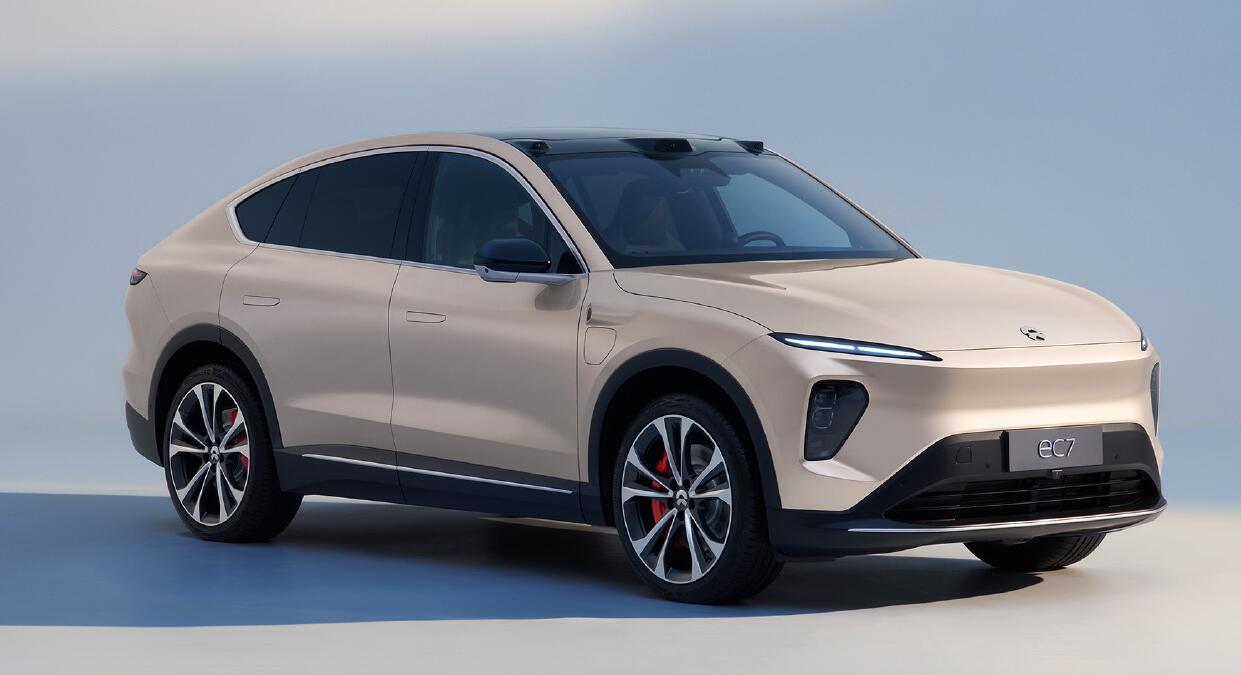
Meanwhile, Baidu’s Apollo Go platform is already offering robotaxi services in about a dozen Chinese cities. However, the service has faced backlash from ride-hailing drivers in Wuhan, Hubei province, who claim it is taking away their business, raising widespread concerns earlier this month.

